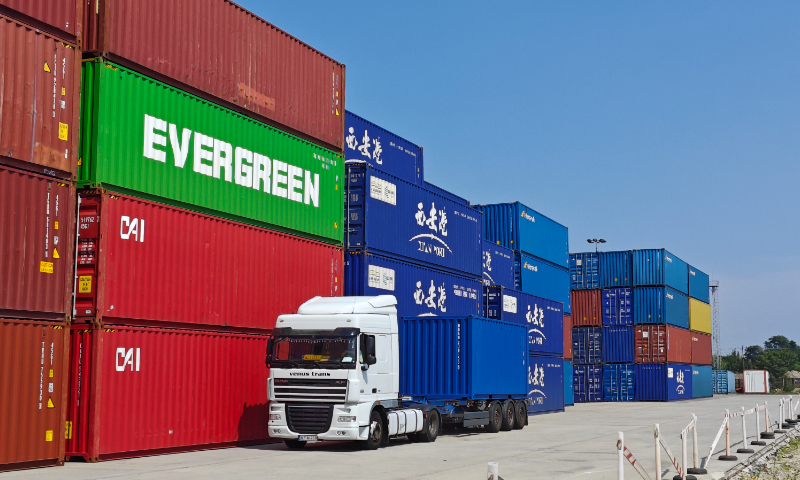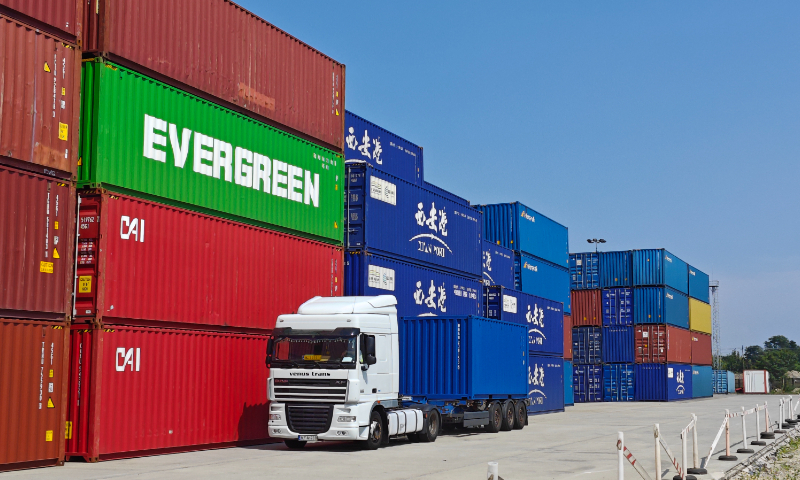
BUDAPEST, May 5 (NNN-XINHUA) — Hungarian Minister for National Economy Marton Nagy shared his vision of partnering with China under the Belt and Road Initiative (BRI) framework in the upcoming decade. “Let’s carry on our cooperation, and more importantly, our friendship,” he said.
Hungary is the first European country to sign a BRI cooperation agreement with China. Several high-quality projects have brought strong vitality to the bilateral relationship, Nagy said at a conference focused on high-quality cooperation between China and Hungary under the BRI framework.
The cooperation between China and Hungary covers a broad range of areas, including infrastructure, new energy, trade, logistics and the digital sphere. It has bolstered Hungary’s development and benefited both peoples, said the minister at the conference co-hosted by Xinhua News Agency and Hungary’s ATV Media Group in Budapest.
Liu Hongcai, deputy head of the Chinese Association for International Understanding, said that by respecting each other’s development paths, promoting practical cooperation in various fields, and enhancing mutual learning, China and Hungary have contributed to the exchanges between Eastern and Western civilizations.
As China and Hungary prepare to celebrate the 75th anniversary of diplomatic ties this year, experts at the conference said both sides also anticipate the start of another “golden decade” of jointly expanding the Belt and Road cooperation.
Erno Peto, president of the Chinese Hungarian Chamber of Economy, said Hungary’s role in the economic relations between Central and Eastern Europe and China will be more important than ever.
Under the framework of the BRI, Hungary could act as a platform for European Union market access, a logistic hub and a financial center for Chinese businesses, Peto said.
According to guests at the conference, the successful integration between the BRI and Hungary’s “Opening to the East” policy has created a strong dynamic for strengthening both countries’ economic ties.
“Communication and understanding form the basis of all successful relationships,” said ATV’s CEO Tamas Kovacs.
Underscoring the importance of the media’s role in promoting cultural exchanges and enhancing mutual understanding, Kovacs said media cooperation could lay a solid foundation for strengthening bilateral economic relations.
“By better knowing and understanding each other, we could build lasting common values,” he said.
The joint building of the Belt and Road is “a great cause,” said Liang Linchong, deputy head of the Department of Regional Opening-up with China’s National Development and Reform Commission.
“We hope that the two sides will carry out more practical cooperation for more fruitful results that can stand the test of history and create a brighter future for their Belt and Road cooperation,” Liang said. — NNN-XINHUA






